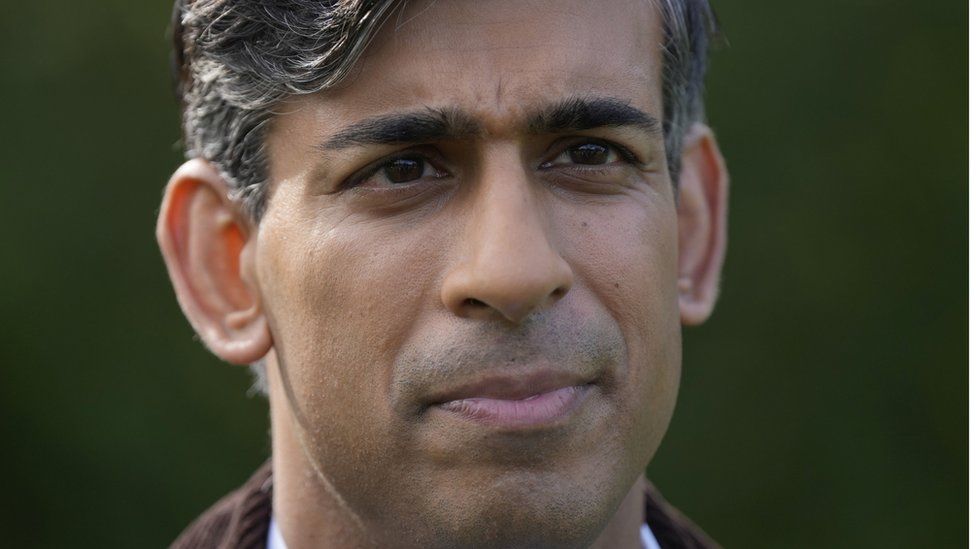-

-
-
Loading

Loading

Westminster is buzzing with anticipation as a general election looms on the horizon. While the exact timing is still uncertain, there is a consensus that it will likely take place in the autumn of 2024, although some speculate it could be as early as May. Ultimately, the decision lies with the prime minister and a select group of advisors, who have yet to make a final call. Various factors, including unforeseen events, could influence the timing of the election. The signs of an impending election are becoming increasingly evident in Westminster. Party conferences, starting with the Liberal Democrats' gathering in Bournemouth, will be a significant platform for political posturing. Rishi Sunak's recent shift on green policies, strategically leaked to the BBC, is one example of the parties preparing for the campaign. Conservative campaign headquarters had their social media messaging ready to go, despite the leak causing a temporary disruption. There are other indications of parties ramping up their campaigns. The frontrunner in the polls, most likely the Conservative Party, is actively engaging with world leaders. They are also quick to criticize opponents, as seen when Michael Gove swiftly responded to Keir Starmer's comments on EU divergence. This rapid reaction demonstrates the increasing intensity of the campaign. Looking ahead, Rishi Sunak's recent statements provide a glimpse into the Conservative Party's plans for the coming months. His focus is on changing the country and building a better future for future generations. The Conservative Party is currently facing challenges in the opinion polls, and a more aggressive approach is deemed necessary. This involves bolstering the leadership team and implementing reforms in various areas, such as education and transport. The government is reportedly considering scrapping A-levels and introducing a baccalaureate system that includes mandatory English and math subjects. The fate of the HS2 high-speed rail project is also under discussion, with the possibility of modifications or delays. Some Conservatives are even advocating for leaving the European Convention on Human Rights if the plan to send migrants to Rwanda is rejected by the Supreme Court. Labour, on the other hand, finds itself compelled to take a position on these policy shifts proposed by the Conservatives. While they aim to project economic credibility, they are hesitant to reject these proposals outright. Labour faces the challenge of formulating their own policies without knowing the election date and ensuring their spending promises align with the nation's strained finances. For Rishi Sunak, the fifth prime minister of a long-ruling party, there are both opportunities and challenges. The Conservatives have historically adeptly reshaped their image to suit the circumstances, but there are limits to this reinvention strategy. Some argue that these changes can become perceived as mere flip-flopping. The upcoming general election will test the ability of the current government to adapt and maintain public support. Overall, the anticipation is building, and the election campaign is gradually intensifying. The exact timing remains uncertain, but all parties are preparing for a highly contested battle.